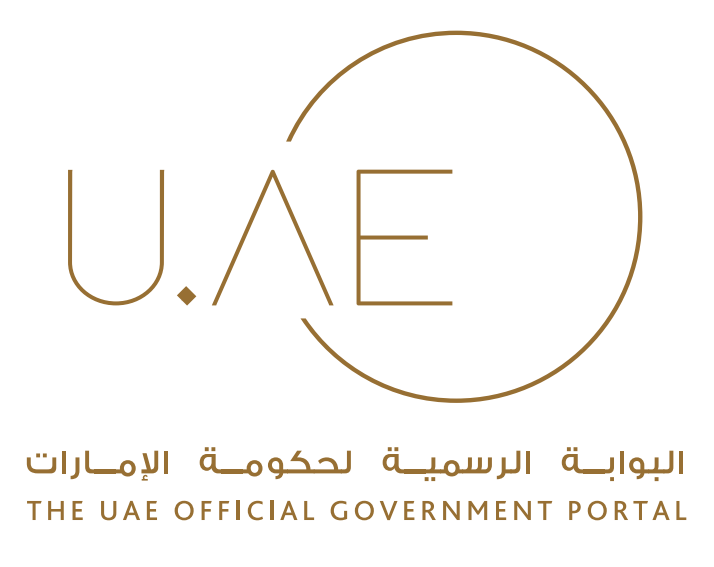In his capacity as Chairman of The Executive Council of Dubai, His Highness Sheikh Hamdan bin Mohammed bin Rashid Al Maktoum, Crown Prince of Dubai, Deputy Prime Minister and Minister of Defence, issued Executive Council Resolution No. (85) of 2025 regulating petroleum products trading activities in the Emirate of Dubai.
The resolution supports Dubai’s vision for economic and environmental security by regulating activities such as the import, manufacture, storage, transport, sale, and supply of petroleum, in line with global best practices. It aims to curb illegal trading, mitigate its impact, and safeguard lives, property, and public safety.
Provisions of this resolution apply to all entities engaged in these activities across Dubai, including special development zones and freezones including the Dubai International Financial Centre, except for companies exempted by a UAE Cabinet decision.
According to the resolution, the Dubai Supreme Council of Energy is responsible for overseeing petroleum trading activities in the emirate. Its duties include setting rules on competition and market concentration, approving technical standards and procedures for trading, storage, transport, sale, and use of petroleum, and ensuring compliance with health, safety, and environmental requirements.
The Council also issues, renews, and amends permits based on recommendations from the Petroleum Trading Regulation Committee, determines the number and locations of fuel stations in line with Dubai Urban Plan, approves standards for transport vehicles, storage facilities, and household gas cylinders, including safety valves and seals, and identifies areas within the emirate where the trading of petroleum products is prohibited, in coordination with the relevant authorities.
The resolution prohibits any person from engaging in petroleum trading activities in the emirate without authorisation from the licensing authority. Such activities may only be carried out after the source of the petroleum materials has been verified and documentation confirming acquisition from a Council-approved company has been submitted.
It also sets out the types and validity periods of permits, the procedures and requirements for obtaining them, rules for transporting petroleum materials between the emirates, establishing retail fuel stations, and importing petroleum materials.
The resolution requires petroleum trading entities in Dubai to conduct only their authorised activity, register in the Petroleum Trading Register maintained by the Ministry of Energy and Infrastructure, and trade only materials from Council-approved sources that meet technical standards, unless the imported materials are intended for manufacturing or blending purposes.
Entities must display prices clearly, follow safety and technical standards for storage, transport, and handling, and obtain prior Council approval for any permit changes. They must report any incidents within 24 hours and keep records of material sources for at least five years.
According to the resolution, violations of petroleum trading rules incur fines, which are doubled for repeated offences within one year, up to a maximum of one million dirhams.
The Supreme Council of Energy, in coordination with the relevant authorities, may cancel permits, temporarily close facilities for up to 6 months, revoke commercial licences, and seize, destroy, or re-export petroleum materials and vehicles that do not comply with the rules, in accordance with applicable law. Vehicles found in violation of this resolution may be seized, with disposal carried out in line with Law No. (23) of 2015 concerning the disposal of seized vehicles in Dubai.
The resolution stipulates that the violator must remove the cause of the violation, repair the damage, and restore the situation to its original condition at his own expense within the set deadline. If he fails to do so, the Council may carry out the work at his expense, with an added 25% as administrative costs. The Council’s estimate of these costs is final.
All government and non government entities in the emirate must fully cooperate with the Council and provide any support it requires.
The resolution allows the Supreme Council of Energy in Dubai to delegate any of its responsibilities to public or private entities through formal agreements. Existing operators must comply with the resolution within one year from its effective date, with the option of a one year extension if approved by the Chairman of the Council. The Chairman will issue the decisions needed to implement the resolution.
Any resolution or provision that conflicts with this resolution is annulled.
This resolution is effective from the date of its publication in the Official Gazette.









 For an optimal experience please
For an optimal experience please